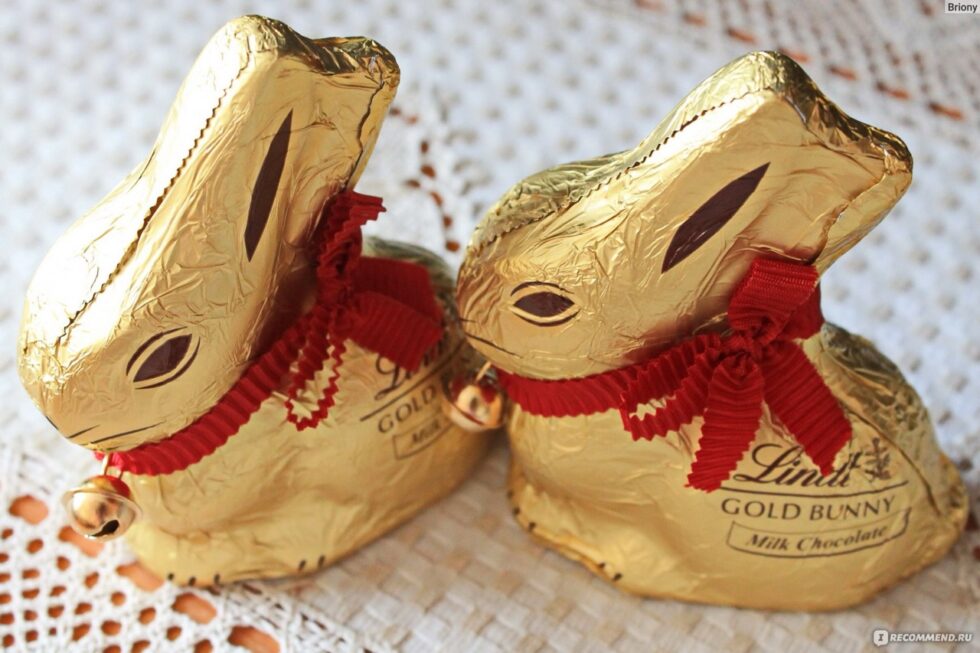Lindt considers moving chocolate bunny production from Germany to the US

Swiss premium chocolate maker Lindt & Sprüngli is weighing a shift of part of its iconic gold-wrapped Easter bunny production from Germany to the United States. The move is driven by new US import tariffs imposed by President Donald Trump on goods from the European Union. At present, the popular chocolate figures are manufactured in Aachen, North Rhine-Westphalia – one of the company’s most important production hubs in Europe. According to sources familiar with the matter, Lindt could invest up to 10 million US dollars (around 8.56 million euros) to expand its facility in New Hampshire, enabling it to produce Easter bunnies, Santa Clauses and other seasonal products locally for the North American market. G.Business reports, citing Nume.
The US tariff regime is a decisive factor. Chocolate products shipped from Germany currently face an additional import duty of 15 percent, while Swiss-made goods are subject to a steep 39 percent rate, making exports to the US significantly more expensive. Lindt has so far used its German production to bypass the higher Swiss surcharges while still supplying the US market. Relocating certain production lines to the US could help the company avoid these extra costs, optimise supply chains and keep consumer prices stable.
Germany plays a central role in this strategy. The Aachen plant specialises in producing chocolate bunnies and supplies not only Europe but also selected international markets. A likely production split could see manufacturing for Europe and some export destinations remain in Germany, while certain batches for the US would be made in North America. This model would retain Aachen’s status as a centre of expertise while serving the US market tariff-free through local production.
The US market is crucial for Lindt: according to its latest annual report, sales there grew by 4.9 percent last year. The United States is the world’s largest chocolate market, giving strong economic incentives for local investment. Lindt is also reportedly considering shifting production for the Canadian market from the US to Europe to avoid Canadian retaliatory tariffs.
Lindt’s production network is already globally structured: Lindor bars come exclusively from Switzerland, dark chocolate under the Excellence brand is made in France, and nut-based creations mainly come from Italy. Germany, with its specialised facilities and export capabilities, is likely to remain a key player in this global system.
Stay connected for news that works — timely, factual, and free from opinion — and insights that matter now: U.S. Imposes New Tariffs on About 40 Countries: Who Made the List